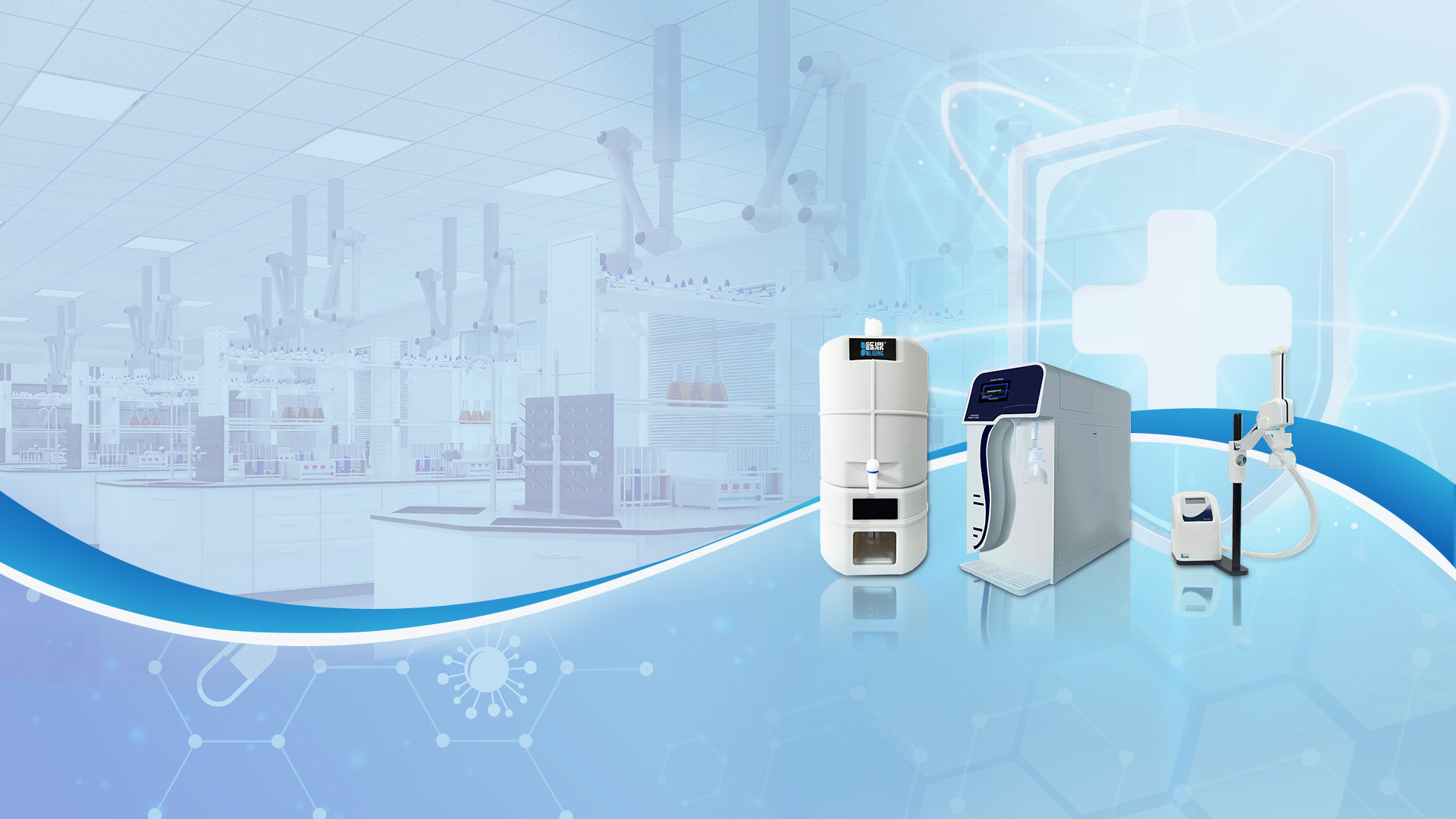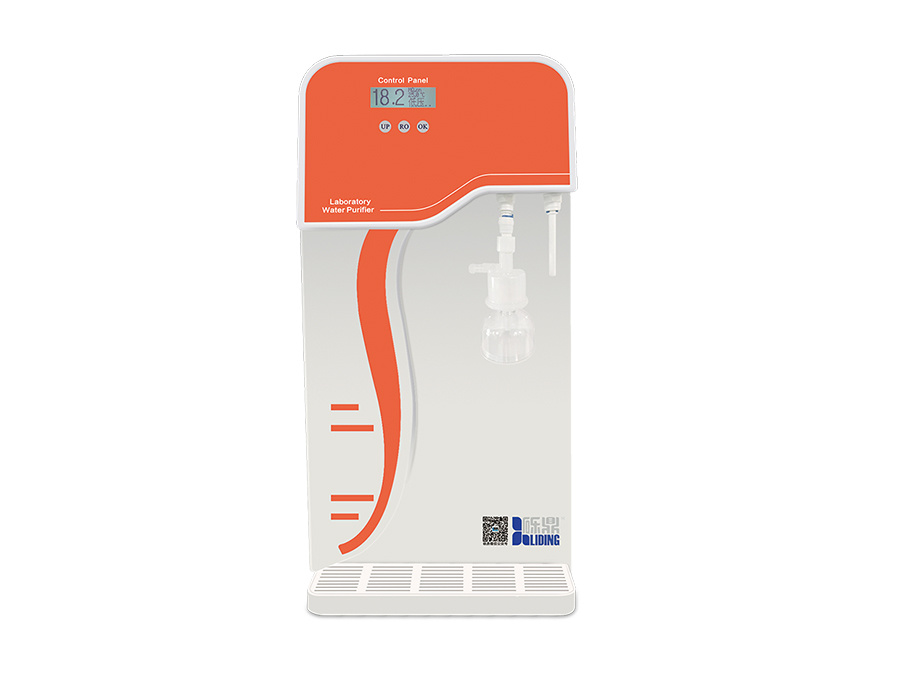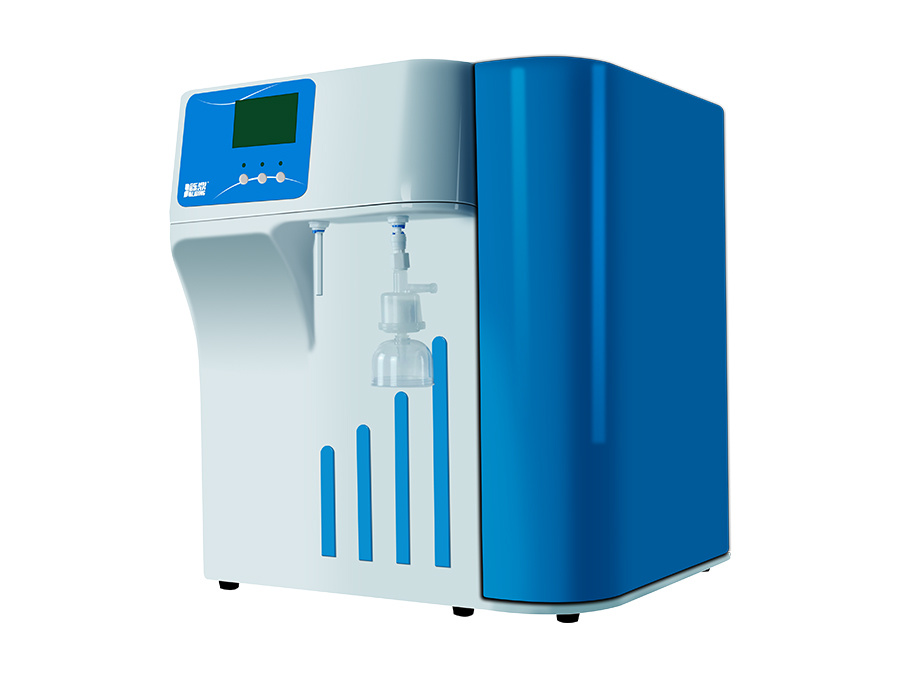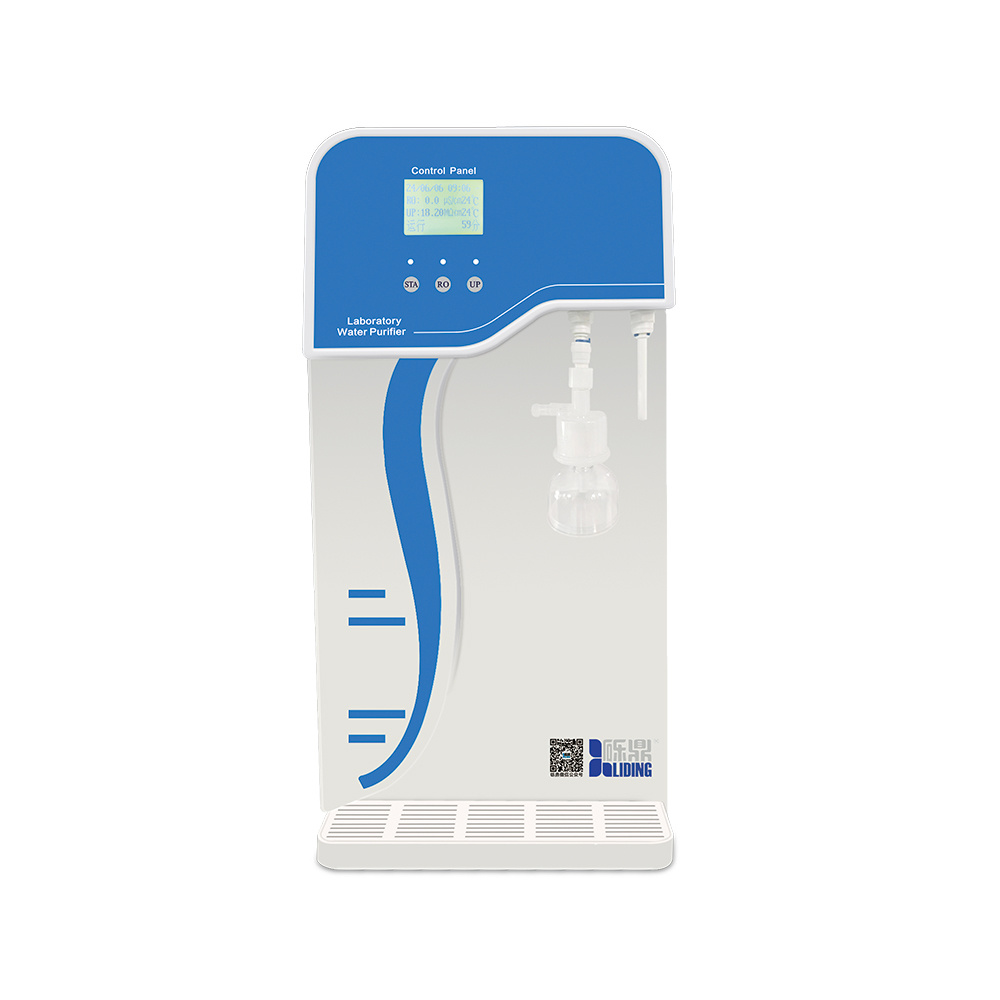Maximizing Efficiency with Advanced Ultra Pure Water Treatment Systems
Time:
Sep 29,2025
Maximizing Efficiency with Advanced Ultra Pure Water Treatment Systems
Table of Contents
- Introduction to Ultra Pure Water Treatment
- Importance of Ultra Pure Water in Various Industries
- Key Technologies in Ultra Pure Water Treatment Systems
- Benefits of Advanced Ultra Pure Water Treatment Systems
- Real-World Case Studies
- Best Practices for Optimizing Water Treatment Systems
- Future Trends in Water Treatment Technologies
- Conclusion
- Frequently Asked Questions
Introduction to Ultra Pure Water Treatment
The demand for ultra pure water (UPW) has surged in recent years across a variety of industrial sectors, including pharmaceuticals, electronics, and power generation. **Ultra pure water treatment systems** are designed to remove contaminants and impurities, ensuring that the water meets stringent quality standards required for sensitive applications. This article delves into the complexities of these systems, exploring how they optimize operational efficiency and deliver reliable water quality.
Importance of Ultra Pure Water in Various Industries
In industries such as pharmaceuticals, the role of ultra pure water is crucial. The **pharmaceutical manufacturing process** requires water that is free of contaminants to ensure product safety and efficacy. Similarly, in the semiconductor industry, ultra pure water is a critical component in the cleaning and rinsing processes. The presence of any impurities can lead to defects in the final product, which in turn results in significant economic losses.
Moreover, in power generation, the use of ultra pure water helps in cooling and steam production, which enhances the overall efficiency of the power plants. By understanding the specific needs of each industry, companies can better implement **advanced ultra pure water treatment systems** tailored to their unique operational requirements.
Key Technologies in Ultra Pure Water Treatment Systems
The efficiency of ultra pure water treatment systems largely hinges on the technologies employed. Here, we explore some of the most effective technologies that contribute to achieving ultra pure water.
Reverse Osmosis Technology
Reverse osmosis (RO) is one of the most widely used technologies in ultra pure water treatment. This process utilizes a semi-permeable membrane to separate contaminants from water. By applying pressure, water molecules are pushed through the membrane, leaving impurities behind. This method is highly effective in removing salts, microorganisms, and other dissolved solids, making it essential for industries that demand high-quality water.
Electrodeionization
Electrodeionization (EDI) is another advanced technology that combines ion exchange and electrolysis. EDI systems are particularly efficient because they continuously regenerate ion exchange resins, which helps in maintaining low operational costs. This method is often used to polish water produced by reverse osmosis systems, ensuring that the final product meets the most stringent purity standards.
Microfiltration Techniques
Microfiltration is a physical filtration process that uses membranes with pore sizes ranging from 0.1 to 10 microns. This technology is particularly effective for removing suspended solids, bacteria, and some larger viruses. By integrating microfiltration into the water treatment process, industries can enhance the overall efficiency of their systems and provide an additional layer of purification.
Benefits of Advanced Ultra Pure Water Treatment Systems
Implementing advanced ultra pure water treatment systems offers a myriad of benefits for industries. Here are some key advantages:
1. **Cost Efficiency**: By utilizing advanced technologies such as reverse osmosis and electrodeionization, companies can significantly reduce water and energy costs.
2. **Improved Product Quality**: Higher water quality directly translates to better product integrity, especially in sensitive sectors like pharmaceuticals and electronics.
3. **Environmental Sustainability**: Many advanced systems are designed with sustainability in mind, reducing water wastage and energy consumption.
4. **Regulatory Compliance**: Ultra pure water treatment systems help organizations meet strict regulatory requirements, thus avoiding potential fines and production delays.
5. **Operational Flexibility**: Modern treatment solutions can be tailored to meet the specific needs of various applications, contributing to operational efficiency.
Real-World Case Studies
To illustrate the practical impact of advanced ultra pure water treatment systems, here are a few case studies:
- **Pharmaceutical Company**: A leading pharmaceutical manufacturer implemented a reverse osmosis system followed by electrodeionization. As a result, they were able to reduce their water costs by 30% while consistently meeting the stringent requirements for water purity.
- **Semiconductor Fabrication Plant**: A semiconductor manufacturer upgraded its water treatment setup by integrating microfiltration and reverse osmosis technologies. This led to a 25% reduction in defects during the chip manufacturing process, ultimately improving their yield rates significantly.
- **Power Generation Facility**: A power plant adopted advanced water treatment systems and reported a 15% increase in energy efficiency due to improved cooling processes facilitated by ultra pure water.
Best Practices for Optimizing Water Treatment Systems
To enhance the efficiency of ultra pure water treatment systems, follow these best practices:
1. **Regular Maintenance**: Schedule routine maintenance checks and filter replacements to ensure continuous system performance.
2. **Monitor Water Quality**: Implement real-time monitoring systems to track water quality parameters and adjust treatment processes as needed.
3. **Employee Training**: Ensure that personnel operating the water treatment systems are adequately trained in best practices and safety measures.
4. **Energy Efficiency Measures**: Incorporate energy-efficient technologies and practices to minimize operational costs.
5. **System Integration**: Optimize the integration of different treatment technologies to achieve a seamless water purification process.
Future Trends in Water Treatment Technologies
Looking ahead, several trends are emerging in the field of ultra pure water treatment:
- **Smart Water Treatment Systems**: The rise of IoT technology is paving the way for smarter water treatment solutions that utilize data analytics for real-time decision-making.
- **Sustainable Practices**: There is an increasing focus on developing eco-friendly technologies that minimize chemical usage and waste generation.
- **Advanced Filtration Techniques**: Innovations in membrane technology will likely lead to more efficient and effective filtration systems in the coming years.
- **Decentralized Water Treatment**: As industries seek more flexible and adaptable solutions, decentralized water treatment systems are gaining traction.
Conclusion
Advanced ultra pure water treatment systems are integral to enhancing efficiency and ensuring product quality across various industries. By leveraging cutting-edge technologies such as reverse osmosis, electrodeionization, and microfiltration, organizations can meet their water purity requirements while benefiting from cost savings and environmental sustainability. As industries continue to evolve, staying abreast of technological advancements and best practices will be crucial to maximizing the efficiency of water treatment systems.
Frequently Asked Questions
1. What is ultra pure water?
Ultra pure water is water that has been treated to remove all impurities, including salts, organic materials, and microorganisms, making it suitable for sensitive industrial applications.
2. How does reverse osmosis work?
Reverse osmosis uses a semi-permeable membrane to separate contaminants from water by applying pressure, allowing only pure water molecules to pass through.
3. What industries require ultra pure water?
Industries such as pharmaceuticals, electronics, power generation, and food and beverage manufacturing require ultra pure water for various processes.
4. What are the benefits of using electrodeionization?
Electrodeionization consistently regenerates ion exchange resins, reducing operational costs while ensuring high water purity.
5. How can I optimize my water treatment system?
Regular maintenance, monitoring water quality, employee training, and integrating energy-efficient technologies are key strategies for optimizing water treatment systems.








